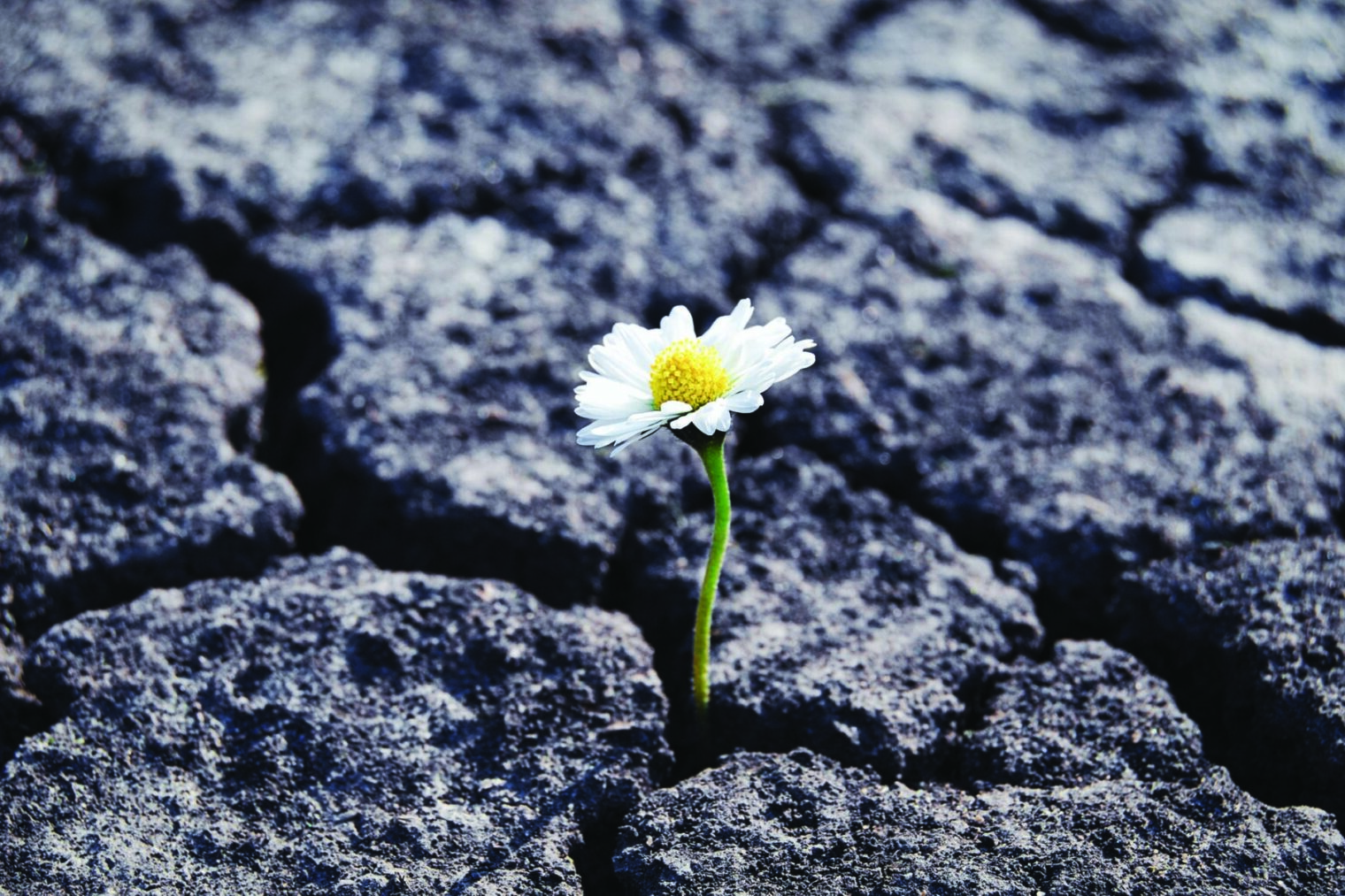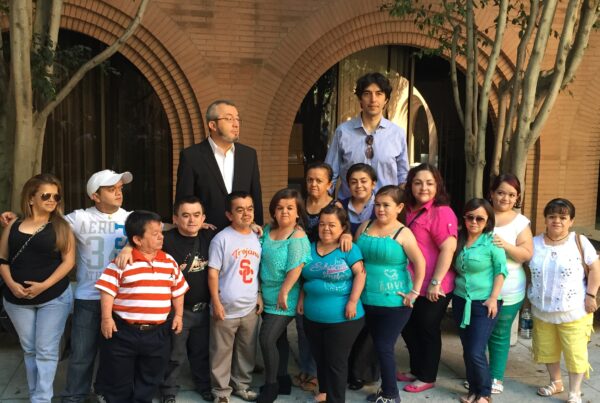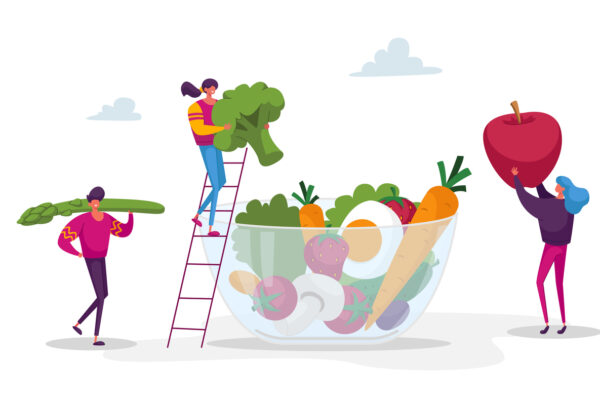Stress, as well as the resilience needed to respond to life’s stressors, comes in many different forms and plays different roles in how we age. This year’s United Nations International Day of Older Persons observance was themed around stress and the resilience of older adults, especially women. An International Day of Older Persons event at the USC Leonard Davis School, held September 30, 2022, organized by Instructional Associate Professor Paul Nash and hosted by Instructional Assistant Professor Tara Mastro, featured several experts who shared their perspectives on how to promote resilience.
Shari Thorell, USC Leonard Davis School Board of Councilors chair, spoke about the importance of IDOP and the meaning of resilience. She noted, “A Japanese proverb sums up resilience: It says, ‘Fall down seven times, get up eight.’ So truly, resilience is being able to face adversity, accept it, and rebound.”
Better with time
Professor Mara Mather discussed how emotional resilience can increase with age and how older adults demonstrate a “positivity effect,” paying more attention to and remembering more positive things versus negative things.
“It’s actually surprising, if you think about the challenges that people are facing as they head into their 40s and their 50s – life gets harder. There are more responsibilities as people get into their 60s and 70s. They also are facing more of their friends and loved ones who are ill or might even have died,” she said. “So, there are lots of challenges, yet everyday emotion is improving.”
Social support is key
Associate Professor Jennifer Ailshire and Research Associate Professor Donna Benton both emphasized the importance of a strong social network for community and caregiver resilience. A supportive social network can protect against stress, from the stress of caregiving to the effects of environmental challenges such as air pollution.
“We need to support healthy aging not just at the individual level but at the community level,” Ailshire said.
Benton, director of the USC Family Caregiver Support Center, added that an increase in complex caregiving as well as more women balancing work and caring for families means that we need to address caregiving at the public policy level to improve well-being and increase resilience in caregivers.
“We need support as part of resiliency,” she said. “We need policies that support leave to take time to balance work and family responsibilities.”
Hosting a panel on resilience in LGBTQ communities, Assistant Professor Ryo Sanabria noted that increased acceptance of LGBTQ individuals has helped provide more social support, but discrimination and other stressors still exist: “Resilience is necessary to survive.”
Financial resilience in women
USC Leonard Davis School Board of Councilors members Kathleen Gilmore and Mei-Lee Ney discussed their careers in finance and the advice they had for women who want to become more resilient to economic challenges.
Ney especially emphasized the importance of continually seeking out knowledge and becoming more financially literate: “Competence and confidence feed off one another.”
Gilmore discussed how saving even a small amount of money regularly could have huge benefits, as well as finding mentors whose support aligns with one’s goals. “What we’re really talking about is investing in ourselves,” she said. “Pay yourself first; invest in your own human capital.”
Embracing challenges and change
Alumna Brett Anderson MSG ’22, now an associate clinical social worker, discussed facing challenges head-on. She said her experience founding an all-female rock band, The Donnas, as a teenager in the male-dominated rock-and-roll industry helped her develop a “thick skin” and encouraged her to embrace challenges, which she also tapped into when she went back to school as an adult.
“You have to reappraise the way you think of failure,” she said. “It makes you more willing to take risks. It’s important to put ourselves in situations where we’re not the experts.”
Fellow alumna Zora Benhamou MAG ’22, founder of HackMyAge.com and a “digital nomad” who has lived in many countries across the world, said that experiencing new places and societies has been a way for her to “seek discomfort” and feel more comfortable with tackling change.
“I’ve been constantly changing and adapting to new environments,” she said. “With each move it became a little bit easier, [and] I built some resilience.”
Recently, Benhamou worked with a group of volunteers to help Ukrainian refugees resettle in Poland. She noted that refugees’ resilience, and the support provided by the rest of the world, would make a difference in how the conflict affected Ukrainians for years to come.
“When you leave as a refugee, you are saying goodbye to family and friends and experiencing cultural differences very suddenly,” she said. “Their resilience is being challenged now, and only time will tell how it will impact health and well-being.”
Learn more about stress and resilience by listening to the Lessons in Lifespan Health podcast at lifespanhealth.usc.edu.





